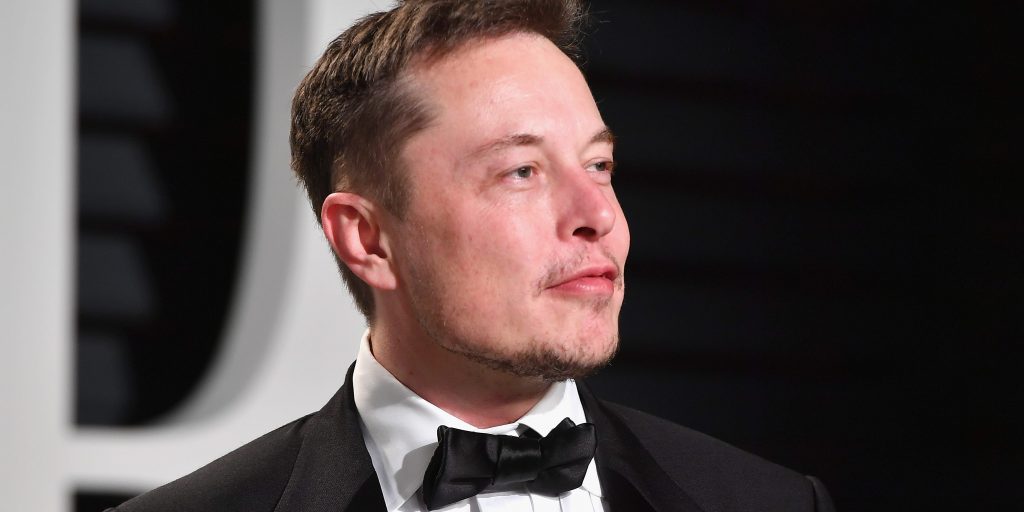- Elon Musk can't escape scrutiny of his tweets just because he finds it inconvenient, the SEC told a federal judge.
- "When it comes to civil settlements, a deal is a deal," the regulator said in a Tuesday court filing.
- Musk's bid to quash a 2018 agreement is defective and meritless, it added.
The Securities and Exchange Commission won't let Elon Musk escape a 2018 agreement that requires his Twitter use to be overseen, urging a federal court to reject his bid to block a subpoena.
In a federal court filing in Manhattan, the SEC on Tuesday called Musk's objections to its subpoena "frivolous" and invalid.
"When it comes to civil settlements, a deal is a deal, absent far more compelling circumstances than ar here presented," the SEC said in the filing seen by Insider.
"So long as Musk and Tesla use Musk's Twitter account to disclose information to investors, the SEC may legitimately investigate matters relating to Tesla's disclosure controls and procedures, including Musk's tweets about Tesla, as well as the accuracy of Tesla's public statements about its controls and procedures," the SEC said.
In 2018, the SEC and Musk sparred over an infamous tweet in which he said he was "considering taking Tesla private at $420" per share, and was subsequently sued.
To settle that suit, Musk and Tesla each paid a $20 million fine. He stepped down from the board, and agreed to have any communication that could affect the EV-maker's stock price — including tweets — approved by company lawyers.
His lawyers later said that tweet was "entirely truthful."
In November, Tesla received an SEC subpoena that asked for how it complies with the 2018 settlement. This subpoena related to Musk's November 6 tweet asking his followers whether he should sell 10% of his stake in Tesla. Shares in the electric-car maker fell sharply after Musk's tweet. He ended up selling Tesla stock worth more than $16 billion.
Earlier this month, he urged a federal judge to scrap the 2018 settlement, arguing that it stifles his right to free speech under the First Amendment.
But the SEC doesn't agree, saying it has a "legitimate purpose" to investigate whether Tesla is executing control over corporate disclosures as required by securities law, and whether Musk is complying with them at all.
He can't avoid scrutiny "simply because he has found complying with Tesla's procedures to be less convenient than he had hoped," or wishes the SEC won't investigate company moves, it said.
His motion to quash or modify the judgment is "procedurally defective and substantively meritless," the regulator says. In fact, the only method to oppose the SEC's mandate would be to file an opposition via a subpoena enforcement action, which hasn't been initiated.
"Musk complains about 'the sheer number of demands' by the SEC from 2018 to the present, which he characterizes as harassment," the SEC said.
"But Musk's own chronology of alleged demands is both underwhelming and reflects legitimate inquiries as to new potentially violative conduct by Tesla and Musk – including the conduct that gave rise to the SEC's 2018 enforcement actions."
Tesla didn't immediately respond to Insider's request for comment.
Dit artikel is oorspronkelijk verschenen op z24.nl
